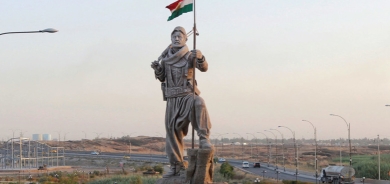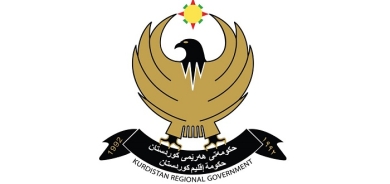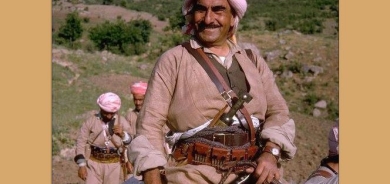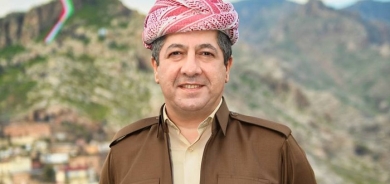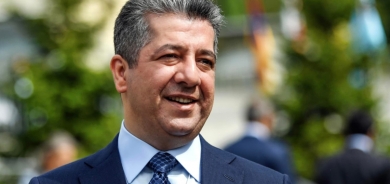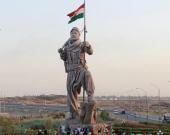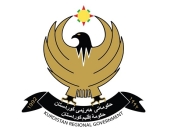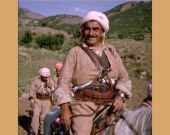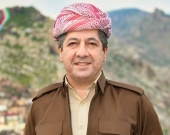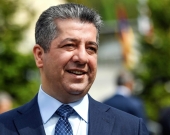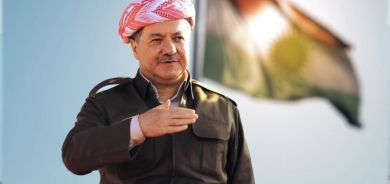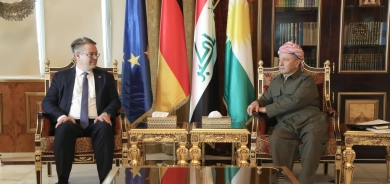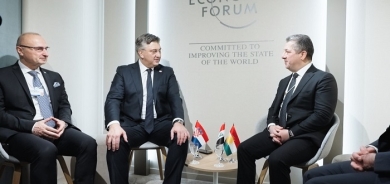The Kurds are America’s allies — the US must defend them

By David L. Phillips
The U.S. and Turkey risk a confrontation if Turkey or its jihadist proxies attack the Syrian Democratic Forces (SDF), America’s ally fighting ISIS. Defeating ISIS is still a work in progress; the Kurds are guarding thousands of ISIS prisoners in northeast Syria. If they redeploy to counter a Turkish invasion, the SDF will have a stark choice: either defend their families from a Turkish-backed invasion or stand guard over the ISIS detainees. Defending their homes and families will have priority.
President Tayyip Erdogan views the SDF as a branch of the Kurdistan Workers Party (PKK), a Kurdish group that now seeks greater political and cultural rights in Turkey. Erdogan believes that both the PKK and the SDF are terrorist organizations and has threatened to annihilate them.
When Hayat Tahrir al-Sham (HTS) moved into Damascus, the Syrian National Army (SNA), a rival Turkish-backed militia that is even more fundamentalist, pivoted east to attack the SDF. They seized Manbij and Deir Ezzor. The U.S. brokered a ceasefire temporarily stopping the fighting between the SDF and the SNA. Army Gen. Erik Kurilla, head of U.S. Central Command, negotiated the deal. According to Defense Secretary Lloyd Austin, “We’ve worked alongside the SDF for some time. That work continues. We have a good relationship with them, and I think it will remain.”
Turkey is threatening to seize Kobani and create facts on the ground. When ISIS attacked Kobani in September 2014, Turkey provided weapons, money and logistical support to ISIS. It provides sanctuary to Hamas leaders; Turkey’s Justice and Development Party functions like a branch of the Muslim Brotherhood.
To be sure, President-elect Trump is no friend of jihadists. But he previously threatened to abandon the Kurds and let Turkey deal with them. The Pentagon bureaucracy slow-walked his instructions, giving the Kurds time to group and repulse the ISIS assault.
The ISIS crisis may be contained, but it still exists. The Pentagon has 2,000 U.S. troops in northeast Syria, supporting the SDF’s operations against ISIS. Trump posted, “Syria is not our friend. The United States should have nothing to do with it.” Trump is unpredictable and could turn on a dime. A resurgent ISIS would be a wake-up call.
Syria is awash with armed groups since the fall of Bashar Assad. In contrast, northeast Syria has been an island of stability amid the chaos. The Kurds have sacrificed greatly to support the US.-.led war on terror. At least 11,000 Kurdish fighters have died fighting ISIS and 23,000 were wounded. The U.S. will incur a reputational cost if it abandons the Kurds. Who will join U.S.-led counterinsurgency efforts if we abandon the Kurds now? And who will control 10,000 ISIS prisoners that are guarded by the SDF? They have 60,000 family members in the al-Hol camp. A jailbreak would destabilize Syria and give jihadists free rein in the region.
Hayat Tahrir al-Sham might feel compelled to act. Though both HTS and SNA are Islamist, the HTS is trying to normalize its international relations and build bridges to the international community. It could decide to distance itself from the more virulent SNA.
An attack by Turkey would also be a challenge to Kurdish Peshmerga in Iraqi Kurdistan. The Kurdistan Regional Government cooperates with Turkey to facilitate the export of oil and gas; an attack on Syrian Kurds would present a dilemma. In 2014, Iraqi Kurdistan joined the defense of Kobani by airlifting weapons and medical supplies to the valiant Syrian Kurdish defenders.
The U.S. cannot countenance an attack on the SDF. Turkey’s actions would pit NATO allies, Turkey and the U.S. against each other. It would exacerbate tension within the alliance, influence the Global War on Terror and spark broader conflict across the Middle East.
Capitol Hill is concerned. U.S. Sens. Lindsey Graham and Chris Van Hollen have threatened sanctions on Turkey if it invades. Others, including Sen. John Kennedy, have expressed strong support for the Kurds.
Moral clarity is called for at this perilous moment. Kurds are America’s allies and friends with whom we share strategic interests and values. Kurds are a force for good in Anatolia and Mesopotamia. To secure U.S. interests and reputation, Washington must deter Turkey’s aggression.
David L. Phillips is an adjunct professor at Georgetown University’s Security Studies Program.
- The original version was published in The Hill on December 26, 2024, and is reprinted with the author’s permission.


